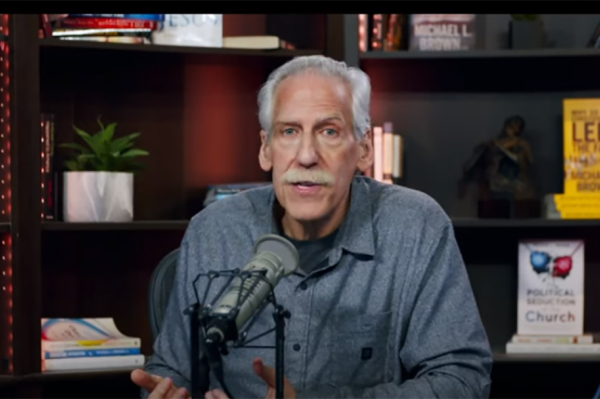American Grace
American Grace: How Religion Divides and Unites Us by Robert D. Putnam and David E. Campbell is the religion-and-culture blockbuster book this season. Awaited for several years, especially given Putnam's prominence since he patented the concept captured in his earlier book Bowling Alone, it is being reviewed and written about as few publications in this field could ever hope to be. It would be futile for me to write a book review or detail the contents of the book. It is fat, full of good stories, and crammed with data: the authors seem never to have found an opinion poll they didn't like, and readers will be well served by the array of graphs which can be put to work in ways that relate to their interests, prejudice, and hopes.
Instead of being comprehensive (at one-page length!), I will pick out one feature which inspires curiosity and debate. It relates to the sub-title. Reviewer Wilfred M. McClay in the Wall Street Journal lifted it up in these lines: "How Religion Divides and Unites Us." He asks, "Which is it?" At the beginning of the book the authors write-and who could disagree?-that "Americans have become polarized along religious lines." Near the end, they write that we are "not so divided after all," and "America's grace" overcomes religious divisions. Again, McClay writes, "How can both of these things be true?"
The data in American Grace and what one's eyes and ears reveal and record if one pays attention to mass communication in all its forms or to the talk and manners of neighbors is that the answer to the question "Which is it?" is "Both." "How can both of these things be true?" Not easily, says the voice of logic; relatively easily, answers the observer of experience. In this case as in so many others, the words of an underground philosopher of yore, Emmett Grogan, is as appropriate as it is frustrating: "Anything anybody can say about America is true." I get flak when I quote that without disfavor, because professionals know that there are many kinds of "anythings," "anybodys" and "truths," and Grogan's words sound cynical, defeating, and even nihilistic. Still. . . .
Perhaps we can reacquire a grip on reality by shifting the terms a bit and speaking of American life, especially American religious life, as being paradoxical, its signals often contradictory. The authors cite polls and opinion surveys by the scores to demonstrate this. For instance, "Americans" can be dogmatic about the exclusive paths to salvation which millions affirm but then also in many circumstances they talk as if they can issue free passes to heaven for almost everybody.
Noting the paradoxes and contradictions does not end inquiry and conversation. It inspires them, and in many ways it is curiosity about them which motivates Putnam and Campbell. Even on the basic point we ask, are Americans highly religious or highly secular? Answer: Yes. Foreign visitors regularly seem baffled by the combination of these adjectives within the same people and among groups. I've tried to patent the term "religiosecular" to address this. The term is inelegant and may not fly, but it captures a feature observable in most American lives and sub-cultures. Hence, Putnam and Campbell will not run out of topics and work. So, still half-baffled, we can await something like an American Grace II. And it will again inspire curiosity and conversation, as does this landmark book.






















